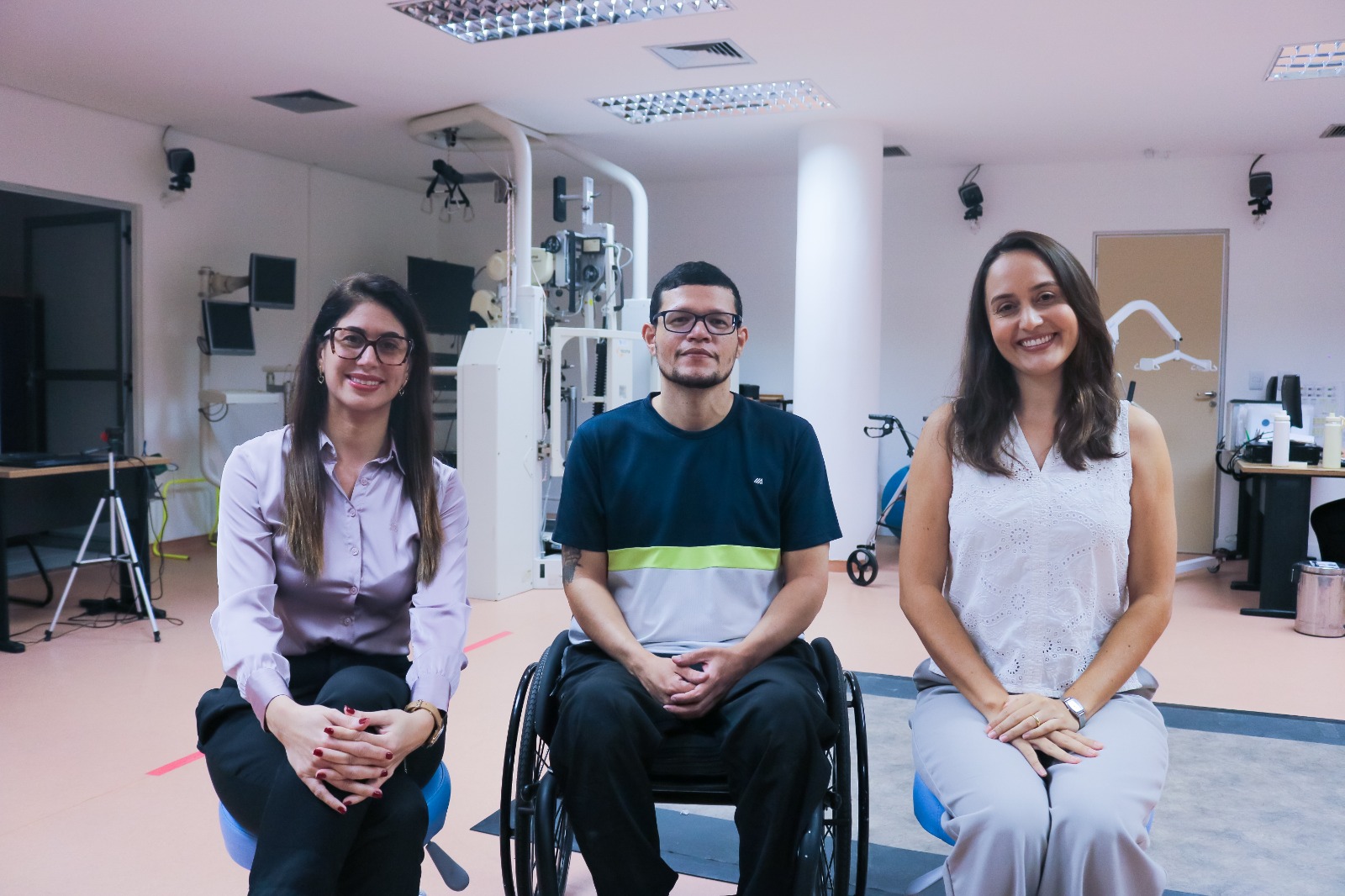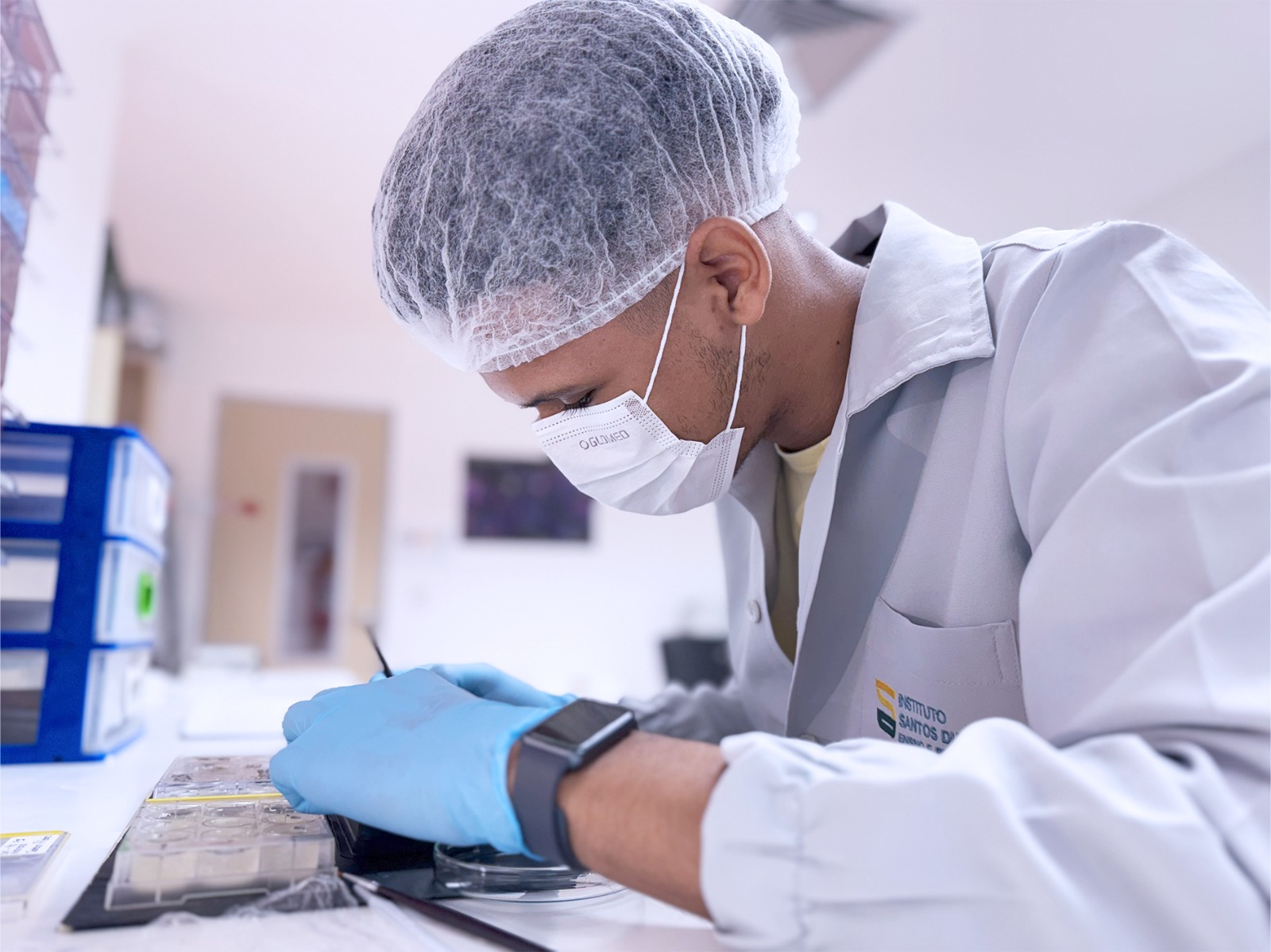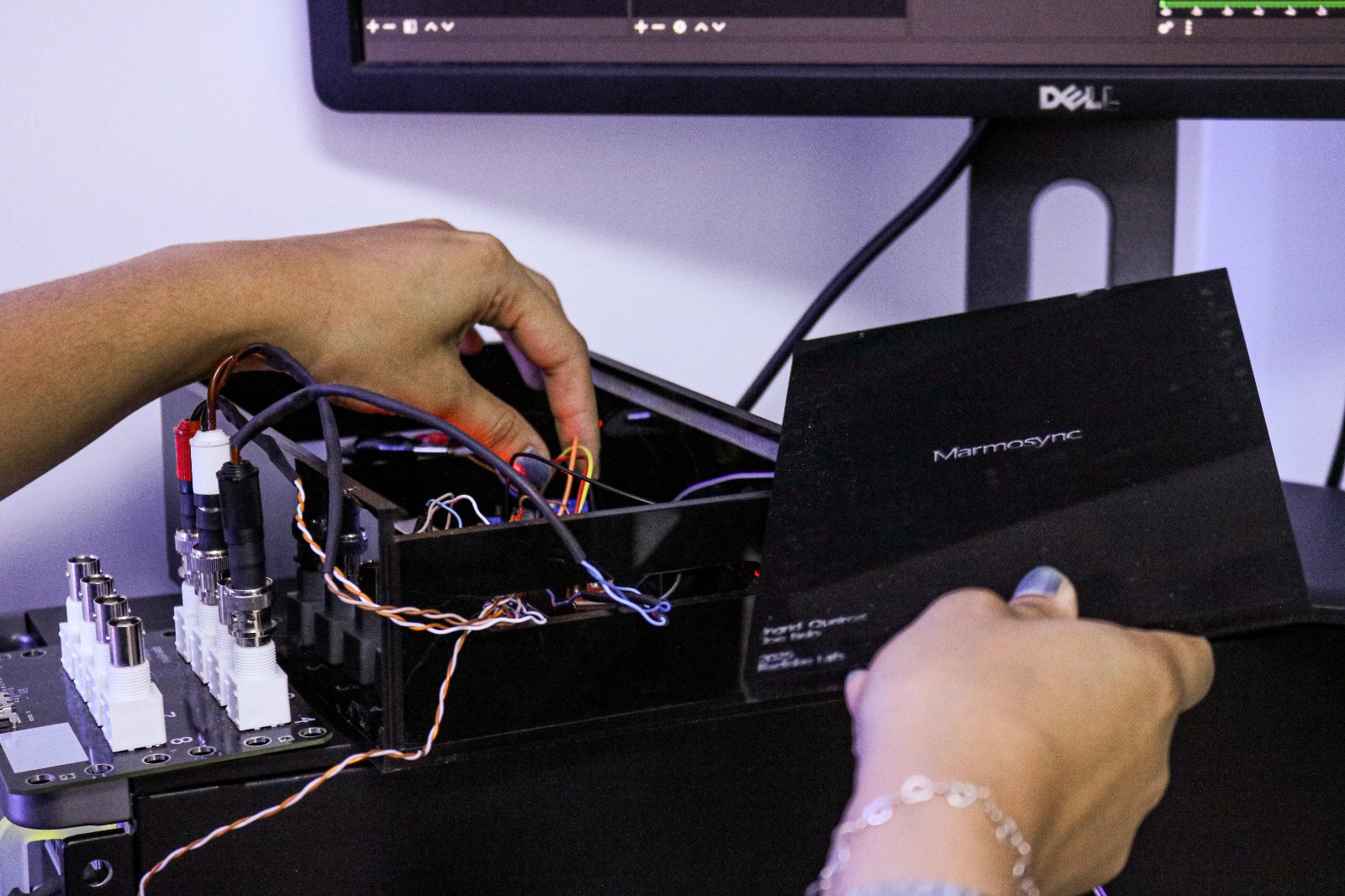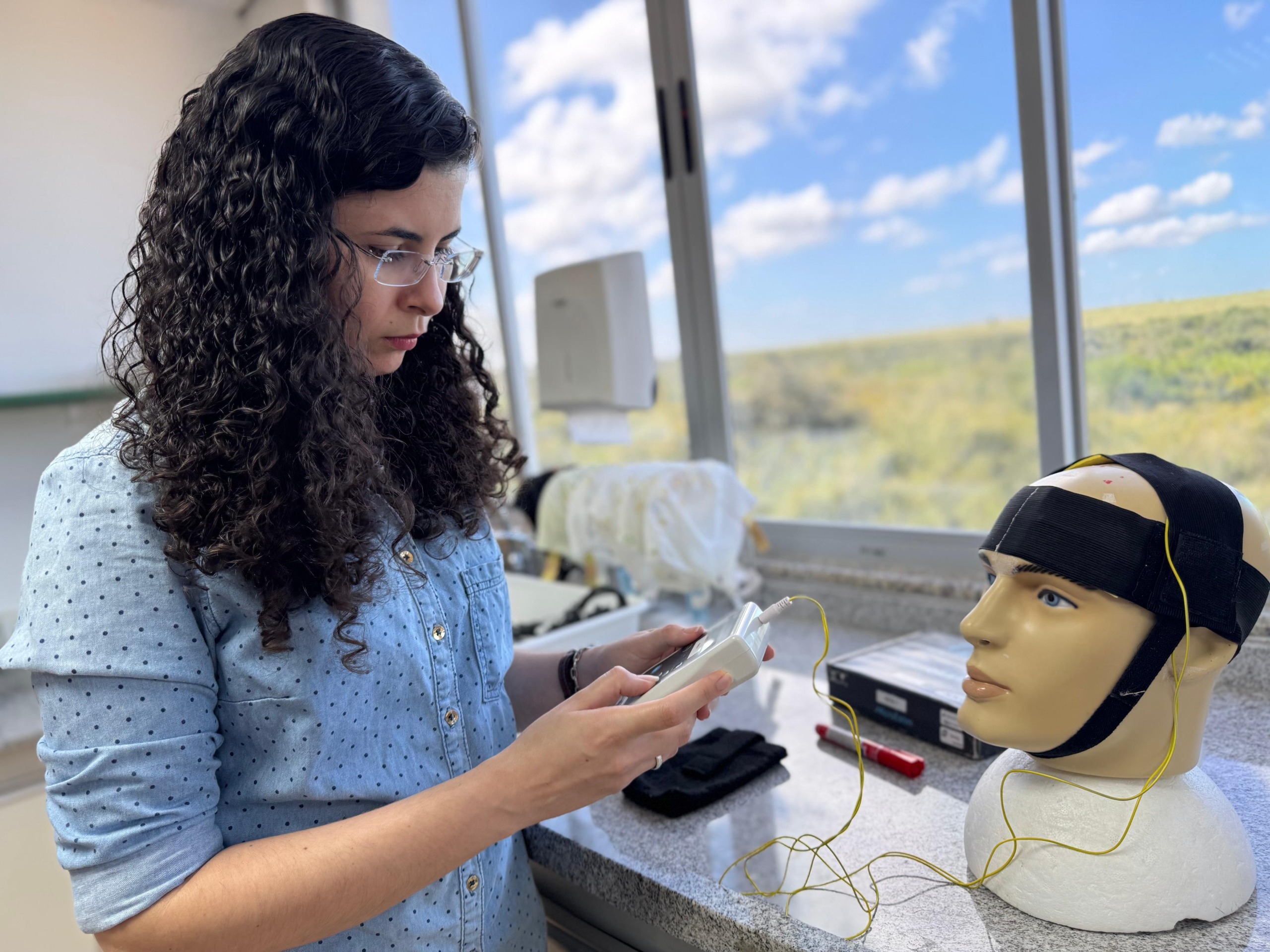Two projects developed by researchers from the Santos Dumont Institute (ISD) were selected in the final phase of the Startup Nordeste Program, promoted by the Brazilian Micro and Small Business Support Service (SEBRAE). With this, the projects that gave rise to the companies BrainExos and Stimully will receive R$ 78 thousand to invest in the ideas presented, in order to allow them to reach the market.
The ISD researchers who are part of the selected teams are Rommel Araújo and Mouhamed Zorkot, masters in Neuroengineering, and Fabrício Brasil, research professor at the institution. Startup Nordeste had its first result announced in June, when 200 projects were selected to integrate the program's mentoring and activities. After several phases that took place over the last few months, 26 projects remained, which were chosen by the evaluators to receive funding over the next six months.
The objective of the Program is to foster the innovation ecosystem and startups based in the Northeast region, contributing to the insertion of small innovative businesses in the global innovation and technology market.
Research professor Fabrício Brasil highlights the importance of inserting business projects into the market that are based on science and research.” Scientific research needs to leave the laboratory walls and generate jobs and income for our country. We need to dissociate the deep-rooted idea that a postgraduate degree is only related to the preparation of scientific work”, he states.
According to Brasil, the movement to encourage the creation of companies and startups based on research projects developed by students began a few years ago at ISD, and has shown good results, with the approval of companies in national acceleration programs, such as Startup Nordeste and Centelha, and international programs, such as the Global Grad Show.
BrainExos and Stimully
Both companies approved for financing by the Startup Nordeste program, BrainExos and Stimully, are based on neuroscience concepts combined with health issues faced by the population.
BrainExos, explains Rommel Araújo, is a startup of science-based technology and health, which seeks to overcome the barriers that exist today for motor rehabilitation. The company has two solutions: G-Exos and HERO, wearable exoskeletons to assist in the rehabilitation of people who have had a cerebrovascular accident (CVA or, popularly, “CVA”). “BrainExos’ mission is to ensure that these patients have more autonomy and quality of life, promoting more effective motor rehabilitation, by stimulating neuroplasticity mechanisms”, says Rommel.
HERO was developed by Rommel during his master's degree in neuroengineering at ISD, while G-Exos was the result of Mouhamed Zorkot's master's research. To control the exoskeletons, Brain-Machine Interface technology is used, capable of establishing a direct connection between the brain and a computer, one of the Institute's lines of research. “There are several studies, including with our equipment, which show that these tools associated with rehabilitation are capable of promoting much more significant motor improvement than traditional methods”, he highlights.
Stimully, in turn, headed by research professor Fabrício Brasil and professor Leandro Mattos, seeks to use the neuromodulation technique to regulate brain hyperactivity that filters external stimuli in people with Autism Spectrum Disorder (ASD) . “We want to normalize this activity using a safe neuromodulation technique, offering time and cost savings of more than 99% for family members and health plans. The evaluators were enthusiastic, as the proposal had a very large market potential, and at the same time was associated with a social cause relevant to society”, says the research professor.
With the investments, the researchers intend to continue investing in business growth, with the aim of going beyond Brazil's borders. “We are running a clinical study with 150 children using equipment from other companies. Now we intend to build our own, as well as start marketing to reach as many people as possible. This was the third call we applied for and we won every time, but we still need resources to continue evolving. We are also looking for partners and venture capital to leverage the startup”, highlights Fabrício Brasil.
Text: Mariana Ceci / Ascom – ISD
Photograph: Mariana Ceci / Ascom – ISD
Communication Office
comunicacao@isd.org.br
(84) 99416-1880
Santos Dumont Institute (ISD)
It is a Social Organization linked to the Ministry of Education (MEC) and includes the Edmond and Lily Safra International Institute of Neurosciences and the Anita Garibaldi Health Education and Research Center, both in Macaíba. ISD's mission is to promote education for life, forming citizens through integrated teaching, research and extension actions, in addition to contributing to a fairer and more humane transformation of Brazilian social reality.













